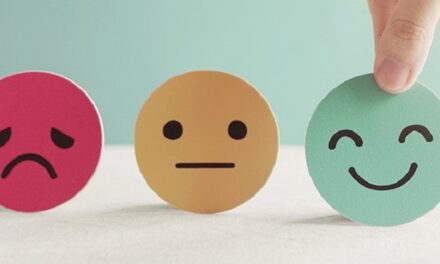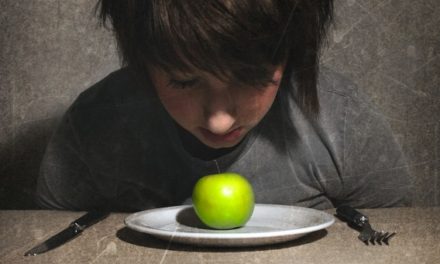March 2020. At the start of the pandemic, every single one of us was forced to adjust our daily routines quickly and radically. Over the course of 2020, 2021, and into 2022, we have been required to create and recreate new daily routines. Now, as we begin to (hopefully!) return to some areas of our lives that we were required to temporarily suspend, it may be tempting to return to normal right away.
However, even if your daily routine is beginning to look pretty similar to pre-pandemic days, you are now carrying the experiences and strain of the last two years with you. Do you find you are often feeling exhausted, irritable, worried, or overwhelmed? These feelings can be red light indicators that your human body may be in need for some critical self-care.
Let’s use the analogy of a car that requires routine maintenance checks. (The irony of being human, as we compare ourselves to cars!) Without regular care, your car is in jeopardy of having more serious problems develop from the regular wear and tear of daily use. The neglect of minor issues can later progress to more serious problems that are not as easy to ignore.
The first thing to do is actually remember that “You are human!”
- Get to bed
You are human. Recognize and prioritize your human need for uninterrupted sleep that leaves you feeling rested. Contact your doctor if you have questions or concerns about any sleep issues you may be having.
- Eat and hydrate
You are human. Accept your human need to eat and to drink water. Taking the time and energy to plan what and when you can eat, rather than leaving this basic need to the mercy of your daily schedule, can have a positive impact on your mood and of course, your physical wellness.
- Move your body
You are human. If you are reading this, your human body is uniquely containing you in this life. Intentionally move your body in the way it is able and feels good.
- Breathe
You are human. And in addition to sleep, water, and food, your human body needs oxygen. This is a non-negotiable basic need. But it is also one that your body can do both involuntarily and voluntarily. That is, it is the only thing you can do, both with thought and without thought, at any given time. Take a moment, or many moments, to practice a breathing exercise or to breathe in fresh air. The conscious breath can help regulate emotions. Also, if you are not a fan of breathing exercises, doing cardio can be one way to work with your body to find a deep, rhythmic breath without counting. And if you need a fun adaptation for your children, who are presumably younger humans, then practice blowing bubbles or windmills!
- Laugh
You are still human and still not a robot. Reference the following article on laughter’s impact on your health. The rest is up to your total non-robotic, creative freedom! https://www.mayoclinic.org/healthy-lifestyle/stress-management/in-depth/stress-relief/art-20044456
- Say no
For the last time, you are human! It can take a considerable amount of time and energy to prioritize sleep, diet, and exercise, and we haven’t even started on everything else that is recommended for your relationships with other humans! It can be helpful to observe, when you choose to say “yes” to a loved one, to a friend, to time with your cell phone, to an extra class or to another work assignment, then you are also simultaneously choosing to say “no,” to a potential opportunity to provide for yourself one or more of these basic human needs.
A human plot twist: Please note, the impacts of this global pandemic are not completely over with, and if you are feeling sick and not physically well, you can also give yourself permission to say “no!” to this list. When we are sick, it means our physical and mental health is not at its best. Our sleep, diet, exercise, and our ability to relax and to laugh will be impacted! So remind yourself, “It is okay. Because I am human.”
And a special acknowledgement to the front line and essential workers, to the single parents, to the caretakers, and to anyone else who are unable to prioritize their self-care to the fullest because they must also prioritize the care of another. Another self-care reminder is, “I am human. I am doing my best. My best is good enough.”
Self-care does not replace the need for professional treatment services when it is warranted! The wonderful thing about self-care is that you do not have to do it by yourself. We are human. It is a human need to be able to connect with others. If you or someone you love is feeling isolated or disconnected, below are some links and free resources to consider with the Mental Health Association of New Jersey.
https://www.mhanj.org/virtual-support-and-learning-opportunities/





